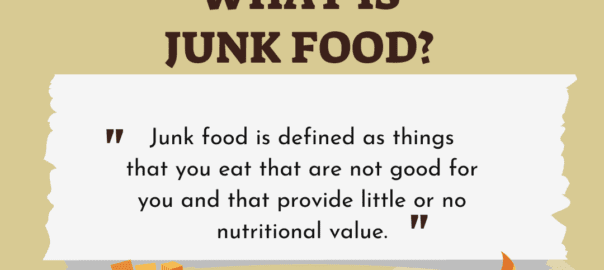Do you want to live a long, healthy life? Of course you do! But it’s essential to take care of your body. Abusing it by making unhealthy lifestyle choices will cause your body to wear out quickly. Opting for healthy choices doesn’t just benefit you physically; it can also improve your mental health and self-image.
Use these tips to keep yourself healthy for years to come.
Maintain a healthy weight.
Aim to keep your body mass index (BMI) between 18.5 and 24.9. If your BMI rises above 30, you’re considered obese. Talk to your doctor about your options for losing weight and discuss tactics for keeping it off. For many significantly overweight or obese people, bariatric surgery has proven to not only help them lose weight but keep it off long-term.
Make healthy food choices.
What you put into your body not only affects how much you weigh, but it also plays a part in illness and disease. Eating a healthy diet of whole foods and focusing on fruits and vegetables will give you the essential nutrients needed to help prevent illness and disease. A well-rounded diet is 80 percent of the equation to maintaining a healthy weight. Start making simple swaps in your diet, such as cutting out butter and eating more fish and lean protein.
Drink more water.
Let’s face it: Most of us aren’t drinking enough water. But did you know that more than 60 percent of your body is made up of water? Drinking plenty of water is essential for your body to function. It helps flush out toxins and waste and carries nutrients and oxygen throughout your body. Drinking water can also aid in weight loss. How much water you need depends on a variety of factors, but as a general rule of thumb, aim to drink at least eight to 10 glasses of water each day. You’ll know if you’re drinking enough water if your urine is clear or slightly yellow.
Exercise regularly.
The American Heart Association recommends adults get 150 minutes of moderate-intensity exercise each week. That comes out to 30 minutes a day, five days a week. Moderate intensity means getting your heart rate up to a point where you can talk but feel winded. If you can’t get in a full 30-minute workout at once, break it up into 10- or 15-minute intervals. Find ways to get moving and stay moving. If you enjoy playing tennis now, don’t stop just because you’re getting older. Staying active as you age will help keep your heart and joints strong and healthy.
Take the right supplements.
Many of us are deficient in essential vitamins and minerals, but taking supplements can help. Ask your doctor to check your levels and recommend the right supplements for you. Doing so can play a big role in your preventative health, helping to keep health concerns such as diabetes, some cancers, high blood pressure and high cholesterol at bay.
Avoid tobacco.
Tobacco use is the No. 1 preventable cause of heart disease, which is the leading cause of death in America. It’s also associated with cancers of various types, including lung, esophageal, cervical, stomach, kidney, pancreatic and more. Research suggests that people who smoke a pack of cigarettes a day are 20 times more likely to develop lung cancer and twice as likely to suffer a heart attack compared to a non-smoker. If you currently use tobacco of any type, ask your doctor for resources to help you quit now.
Limit alcohol intake.
While there are some benefits to moderate alcohol consumption, excessive alcohol intake can lead to weight gain, liver damage, heart problems and even some forms of cancer. The benefits of alcohol are not major enough to suggest non-drinkers should start drinking, but those who currently drink should moderate their alcohol intake. Men should drink no more than 10 drinks per week and women should enjoy no more than six drinks per week. One drink is the equivalent of 12 ounces of beer, 5 ounces of wine or 1.5 ounces if liquor.
Keep stress in check.
We all experience stress at some point in life, but stress can raise blood pressure, heart rate and lead to weight gain. Each of these is a contributing factor to heart disease. Stress that goes untreated long-term can have even more serious health consequences. To reduce your stress, exercise regularly and reserve time to rest and relax. Visiting a spa or getting a therapeutic massage can also help manage stress.
The keys to a long, healthy life aren’t secrets or even difficult to achieve. By making simple changes to your lifestyle now, you can make a big difference in your long-term health. Make an effort to break bad habits and avoid starting new ones. Aging shouldn’t be an excuse to stop making healthy choices; it should be your motivation to make choices that will help keep your body healthy for years to come.






